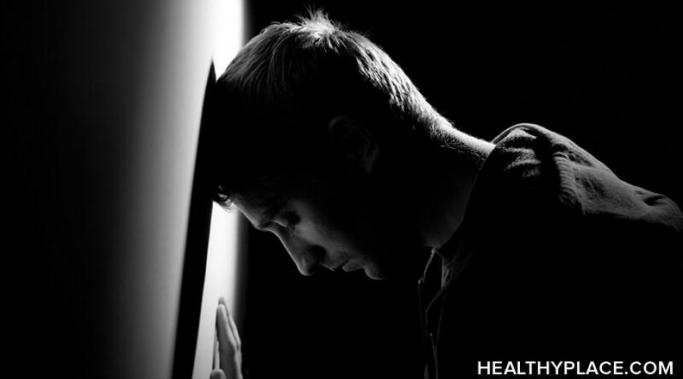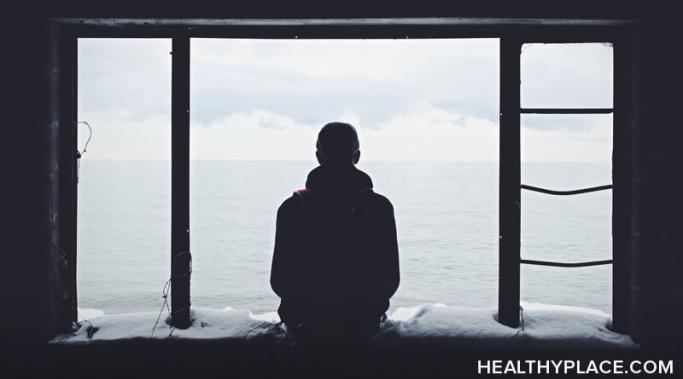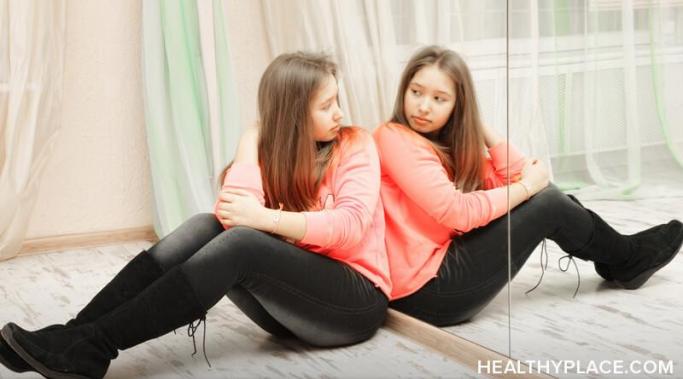Blogs
We all experience anxiety from time to time, and relieving anxiety can be tricky. Some commonly used methods to relieve anxiety actually make it worse. Other attempts at relief just ignore the underlying problem. To get lasting anxiety relief, we must understand which methods help and which ones perpetuate the problem.
Many people who struggle with having low self-esteem have done so for many years, perhaps for even most of their lives. When you suffer from low self-esteem for this long, you may wonder whether you will ever get rid of it and be able to view yourself in a positive light. Despite the time that has passed and your genuine efforts to build self-esteem, negative feelings about yourself may remain. Your inner critic may be a constant feature throughout your day or crop up during particularly stressful times in your life or major life events. Here, we will highlight what it’s like to feel hopeless about having low self-esteem and how you can combat this kind of despair to ensure that you move forward in your mental health journey.
I don’t need to convince you that we live in chaotic, scary times – that’s self-evident. Given that, it’s almost too easy to give in to despair and give up. However, support in a chaotic world is possible.
There are difficulties with mental health therapy that you should know about when being treated for a chronic illness. I thought mental health therapy was going to be easy -- but it isn't. I experienced three difficulties with mental health therapy that I'd like to share.
Depression in recovery often presents very differently compared to untreated depression, but that doesn't mean that the struggles aren't valid. It means that as symptoms improve and you find healthy coping mechanisms, your depression will start to manifest in different ways.
I’m Natalie Cawthorne, and I’m so happy to join the 'Work and Bipolar or Depression' blog at HealthyPlace. When I was 16, I was diagnosed with attention-deficit/hyperactivity disorder (ADHD), inattentive type, and got used to assuming that any mental health issues I faced must be related to that; and with bipolar and ADHD sharing so many overlapping traits, I think it was even easier to miss that I actually have bipolar disorder type II as well -- I was diagnosed earlier this year.
Sometimes I wonder if I'm doing enough to fight mental health stigma. In the mental health community, one of the main things we talk about is combatting stigma. So much so that I'd argue there's this sense of pressure to always be going up against it as well. While fighting mental health stigma is important, pressure of any kind can be harmful.
Covert verbal abuse is a type of verbal abuse which can come in many forms and at many speeds. But at any rate, it can be detrimental to your self-esteem both during that relationship and as you live your life even after the abuse has stopped. Covert verbal abuse can have lasting effects that are just as impactful to your psyche as severe verbal abuse. It was really hard for me to identify this as the root behind a lot of my problems with confidence afterward.
Depression relapse triggers come at unexpected times. We need to have quick and simple methods prepared in order to cope with these triggers in a healthy way. When I find myself suddenly faced with a depression relapse trigger, I use the following methods to help me cope.
I blame myself for hearing voices because of schizoaffective disorder almost every time it happens. I know this doesn’t make sense, and I’m not being fair to myself. But it also adds an element of guilt to an already difficult situation.









